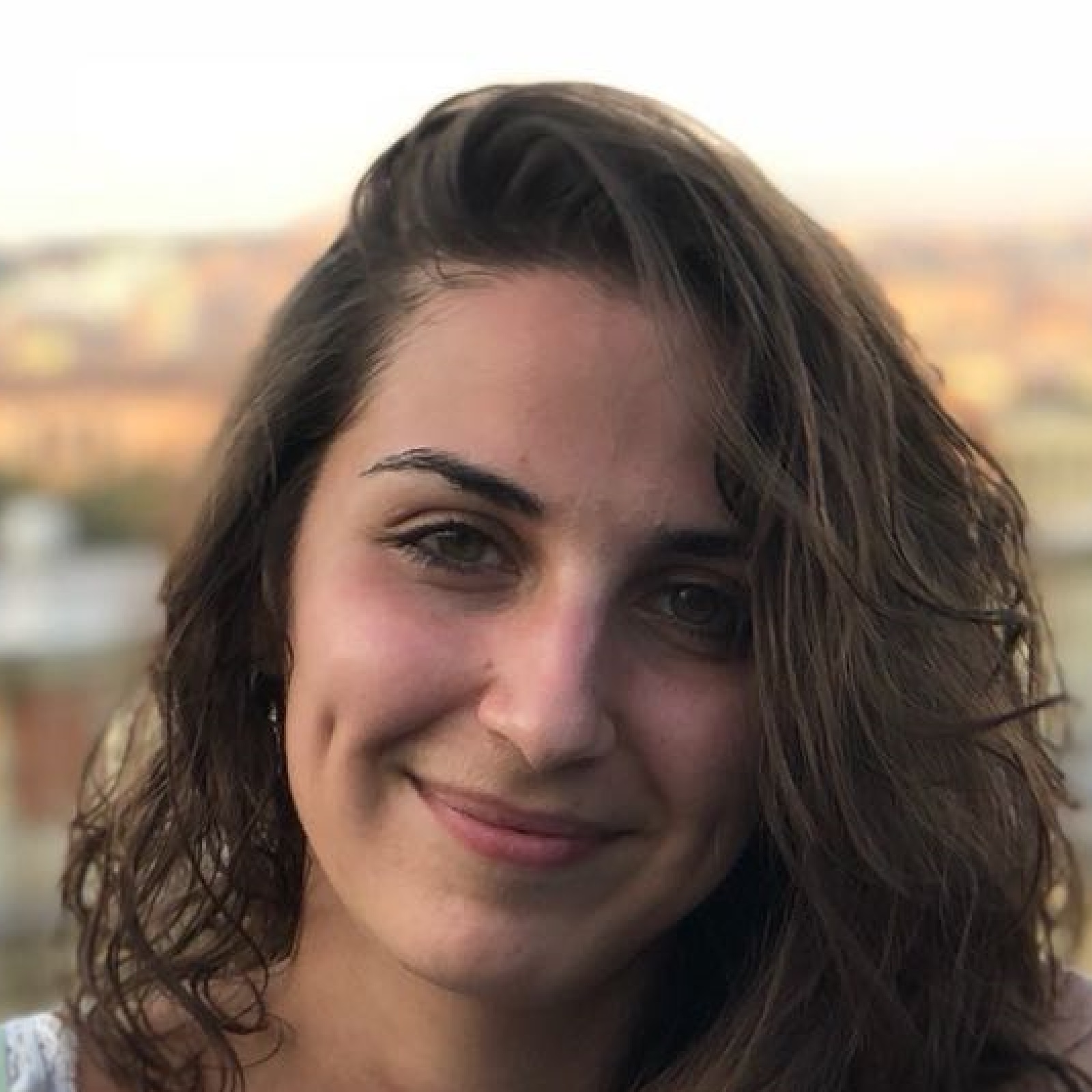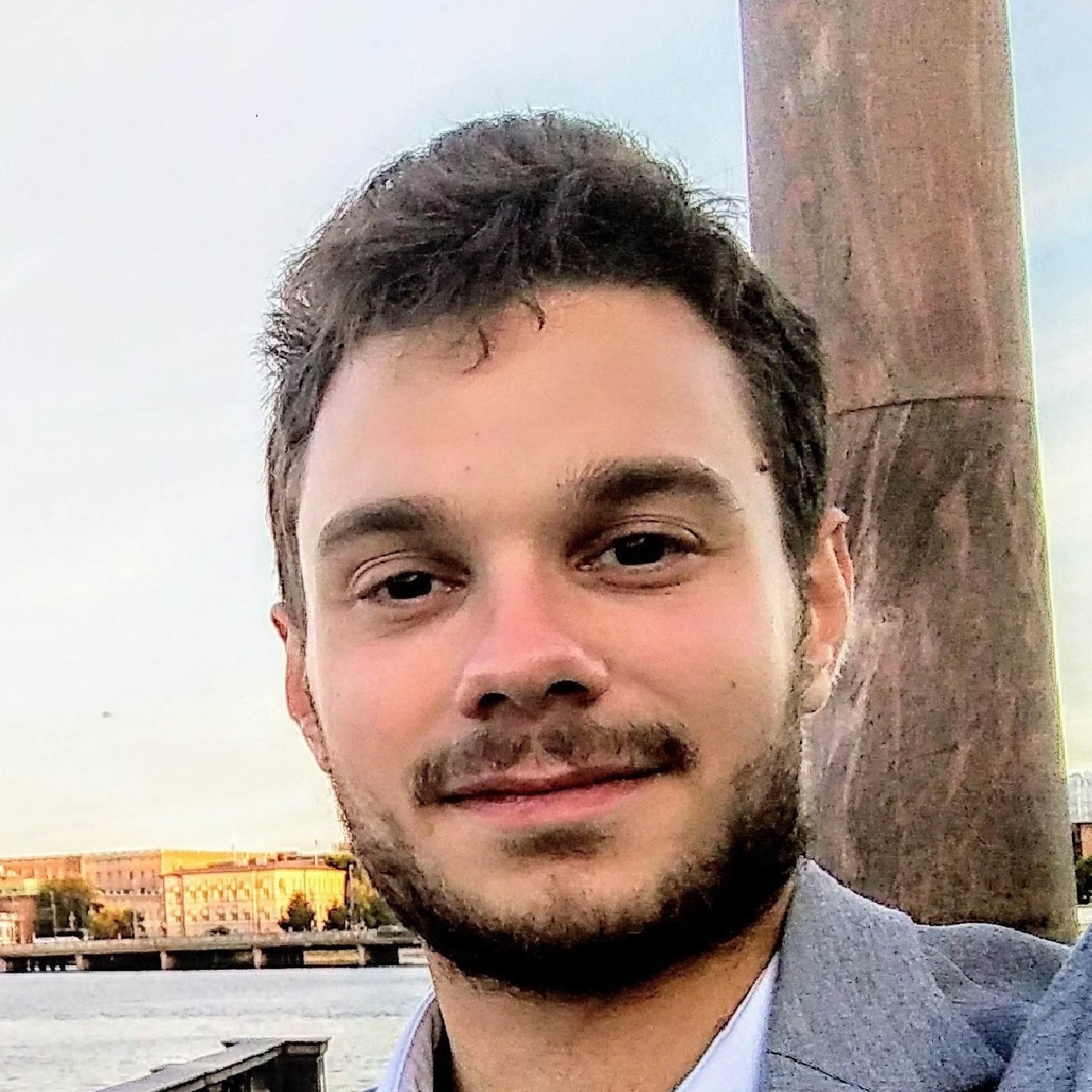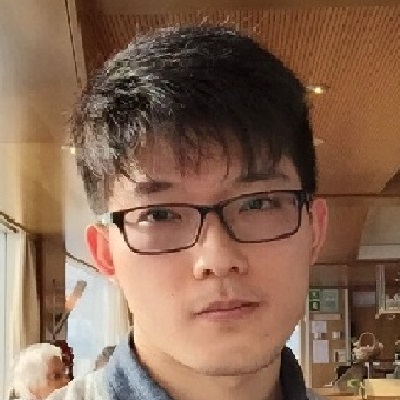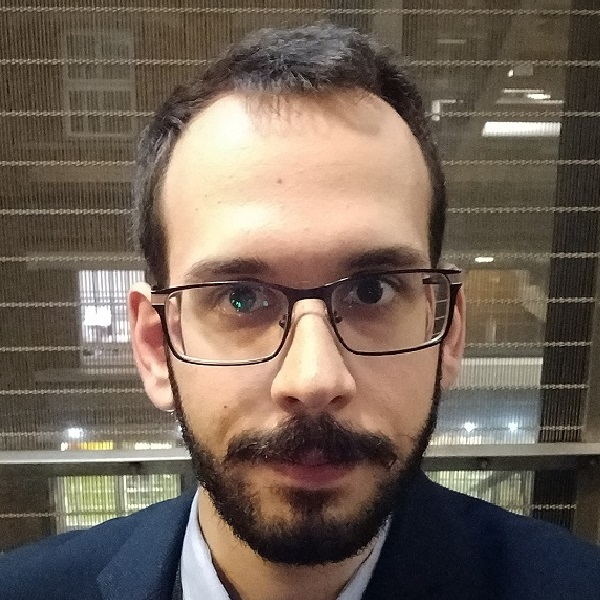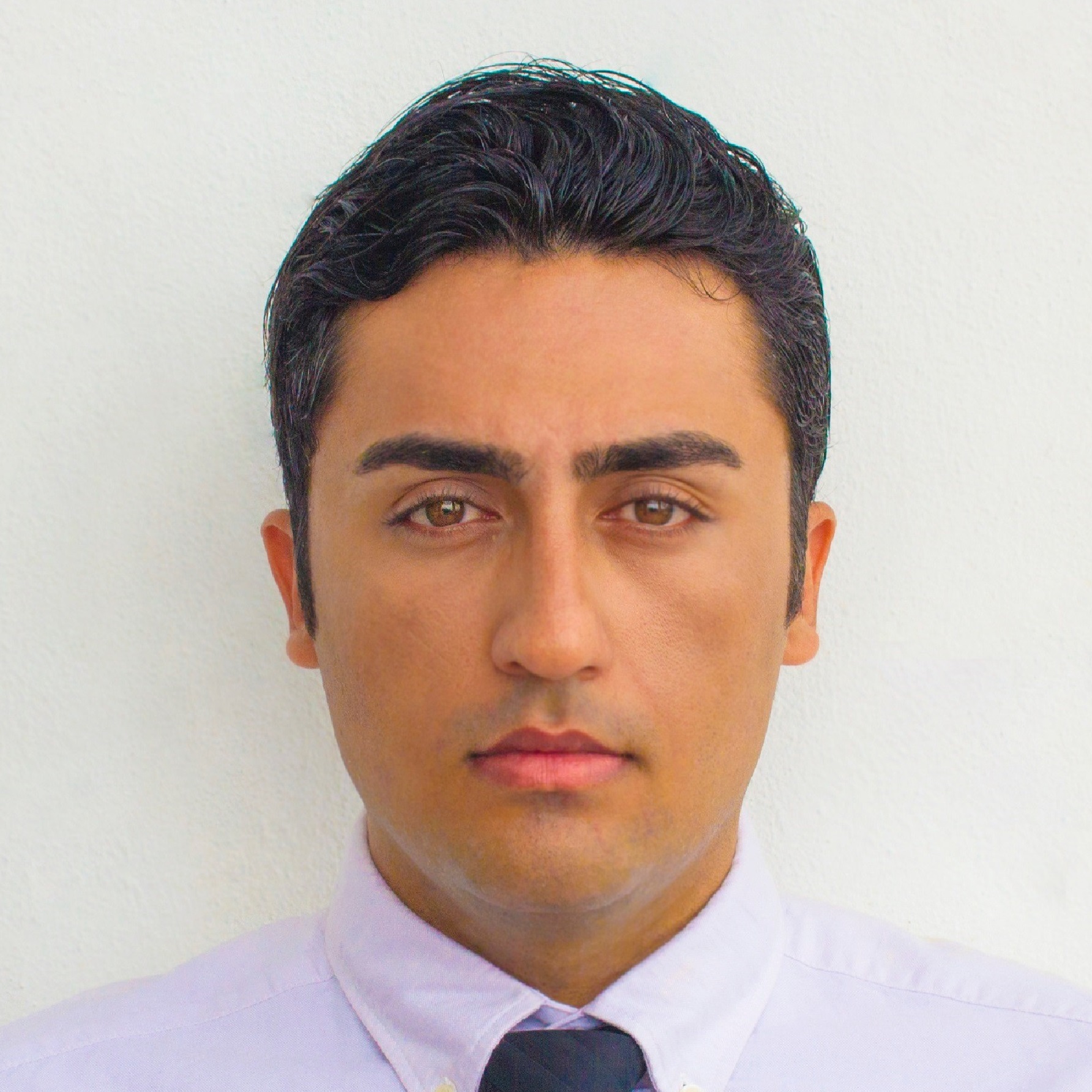
Reza Abbasi
Reza is a research fellow at the Department of Chemical Engineering, University College London (UCL). He has obtained his Ph.D. in chemical engineering from the University of Malaya in advanced process modelling and intelligent control of ethylene polymerization in fluidized bed reactors. He got his master’s degree from Universiti Teknologi Malaysia in process optimization and integration of water and energy networks and B.Eng. from Azad University, Iran in chemical Engineering. His research interests encompass all areas of process systems engineering including process design, process modelling, process optimization, process control, and process integration. He is currently working on a project entitled “Process systems engineering approach to catalytic process design” in collaboration with a group of scientists from UK Catalysis Hub, University of Leeds, University of Durham and University of Oxford. The project intends to change the philosophy of catalyst design by linking catalyst development with process design and by taking a holistic, process systems view of the overall process including all the processing steps such as reactors and separation units and their interconnections. The aim is to guide chemical route and catalyst selection on selected processes and then identify how the approach can be implemented in a wider context.
Laura Fiorillo
Laura earned her Bachelor's degree in Chemical Engineering from University of Rome, La Sapienza, in 2016. She then started a Master's course in Chemical and Process Engineering at University of Bologna. During the Master's course she had the chance to cooperate with BASF's Plant of Pontecchio Marconi, in Italy. In BASF, she worked on the design of a recovery plant for an extremely acid wastewater through electrodialytic desalting and Granular Activated Carbon (GAC) columns. Currently, she joined the System Identification Group in UCL as an Erasmus student to work on her MSc dissertation. She joined the group in October 2018 and the aim of her project was the application of model-based design of experiments (MBDoE) techniques for the identification of process models of electrodialytic desalting. She now works in
Process Systems Enterprise as a consultant engineer.
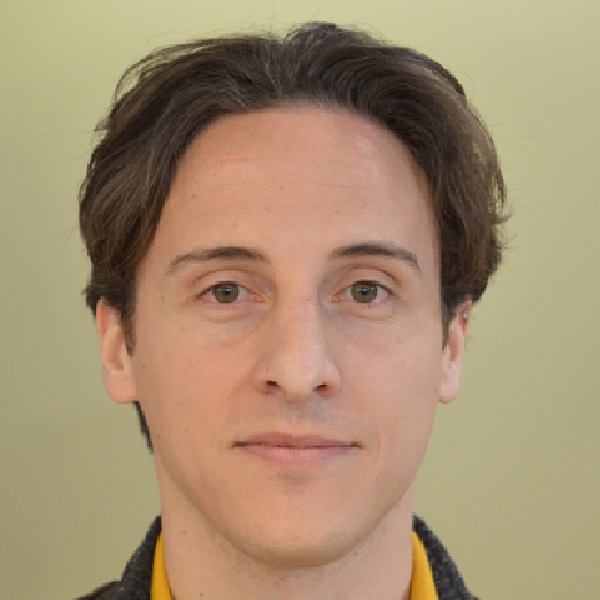
Davide Bascone
Davide obtained a Master’s degree in Chemical Engineering at the University of Palermo (Italy) in 2013. For his Master’s thesis, he developed a tool for the design of a reverse electrodialysis process. During the Master’s course, he also studied five months at the Loughborough University (Erasmus programme).
From 2014 to 2015 Davide worked at the “Kore” University of Enna (Italy). His research focused on the modelling and optimisation of a regeneration plant for spent pickling solutions via spray roasting for small-scale process. In March 2015 Davide started a PhD at the UCL’s Department of Chemical Engineering. The main research interest of his PhD is the development of a methodology for design and optmisation of alternative flowsheets for spent nuclear fuel reprocessing, using a novel small-scale technology as liquid-liquid extractor. In March 2018 Davide joined the System Identification Group. The aim of his research is to develop a dynamic model of the twin screw feeder system for a continuous drug product manufacturing, investigating both open and closed loop systems. This work is in collaboration between Imperial College, UCL and Ely Lilly.
Marco Quaglio
Marco obtained a three-years degree in Energy Engineering in 2013. He then obtained a Master’s degree in Energy Engineering at the University of Padua in 2016. During the Master’s course he spent 8 months in UCL as an Erasmus trainee for writing his Master’s Thesis on the identification of kinetic models for a catalytic system under uncertain catalyst behaviour. He joined the Department of Chemical Engineering as a PhD student in September 2016 after being awarded the “Hugh Walter Stern PhD Studentship”. His current research interests are on the development of computational frameworks for supporting modelling and experimental activities for applications related to reaction engineering.
Chunbing Huang
Chunbing received his BEng in Chemical Engineering with honours from both Beijing University of Chemical Technology and University of Birmingham in 2015. Following this, he started the MSc studies in Chemical Process Engineering at University College London and was awarded with a distinction grade in 2016. His MSc research project focused on the stochastic system modelling and simulation analysis of the travelling traders’ exchange problem (TTEP) proposed by Syngenta company. After that, he joined the department of Chemical Engineering and started his PhD studies in autumn 2017.
Riccardo Marchetti
Riccardo obtained his Bachelor’s degree in materials and chemical engineering at University of Padua in 2017. During the Bachelor, Riccardo had the opportunity to carry out an Internship at the Schneider Electric company in Conselve (PD), where he developed an analytical model for an evaporative heat exchanger. He wrote his Bachelor’s Thesis just on this topic. He then started the Master’s degree in chemical and engineering process at University of Padua. He joined the System Identification group in March 2019 as an Erasmus trainee student. His project is on the identification of chemical kinetics and parameters estimation using Model-Based Design of Experiments (MBDoE) methodologies.
Panos Petsagkourakis
Panagiotis (Panos) Petsagkourakis received his Chemical Engineering degree from the National Technical University of Athens (Greece) in 2015. He graduated 2nd in his cohort and received numerous awards including the Silver Medal award and the National Chamber of Greece Award. He joined the University of Manchester for to pursue his Ph.D. degree in 2015 under the supervision of Prof Constantinos Theodoropoulos and Prof William Heath. In February 2019, he joined the System Identification group where he is directly involved in the project on Cognitive Chemical Manufacturing. His research interests include: Optimization and Robustness of dynamical systems under uncertainty. The development of Model-Based Design of Experiments methods under uncertainty. The incorporation of Machine Learning techniques with a special interest in Reinforcement Learning (RL) approaches for model-free optimization of (bio-)chemical processes.

